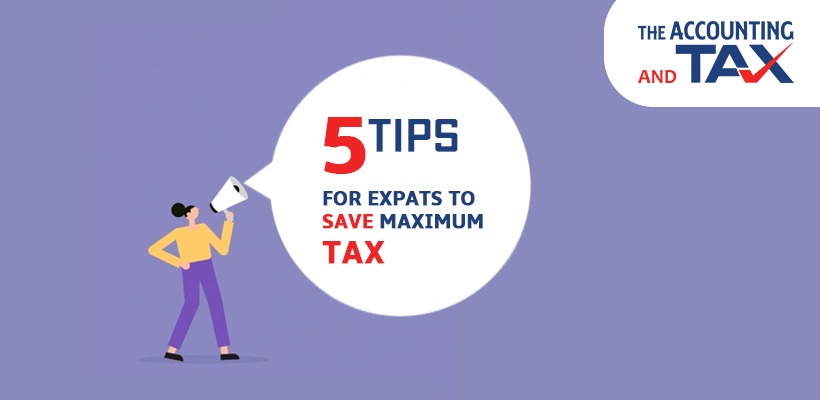
5 tips for expats to save maximum tax
For expats who spend the majority of their time out of the country, travelling or working or both, taxes can become a real issue. No one likes filing their expat taxes and certainly, no one likes spending money that they do not need to. Even according to the tax consultants in Toronto, learning how to file expat taxes under unconventional settings can be highly frustrating. In this article we will mention a few legal strategies you can use that help bring your tax burden down.
1. Applying for a Filing Extension
April 30 is widely known as the due date of taxes in Canada. However, the date only applies when you are living within Canada. If you are living in a foreign country on April 30, you have until June 30 to file. You do not need to file for this extension; it is automatically affordable for anybody living overseas.
If you need more time, you can apply for an extension that will give you until October 31 to file. Please note, however, that extensions are an extension to file, not an extension to pay. Interests on taxes owed starts occurring on April 30.
2. Avoid Paying Federal Taxes using FTC
As a Canadian expatriate living abroad and filing your expatriate tax return, you must make sure that you take full advantage of forms T2209 and T2036. These forms are used to apply the foreign tax credit form and foreign earned income exclusion form. The foreign earned income exclusion basically excludes a big chunk of your foreign earned income from your Canadian expat taxes.
You can also claim a credit for any taxes you have paid to the foreign governments through the foreign tax credit. This is very useful if you are a resident, expat or worker in another country. Generally speaking, if your foreign tax rate is greater than your Canadian tax rate, the FTC would be more fruitful. Otherwise the FEIE is better.
3. Avoiding Paying State Taxes
In addition to credits, Canadian tax consulting service suggests that you must establish your residence in a state which does not impose a state income tax. Expats might be taxed as non-resident even though they list their main residence in that state.
4. Avoid Penalties for Offshore Banking and the FBAR
Because of having a bank account in the jurisdiction where you now live, the majority of the overseas residents will have to file a Report of Foreign Banking and Financial Account (FBAR). You’ll need to file an FBAR if you have more than $10,000 cumulatively in all of your accounts at any time of the year. The penalty for willfully failing in filing FBAR is about 50% of the bank balance.
5. Renounce your citizenship with Streamlined Foreign Offshore Procedures
If you have not filed your taxes for years, the streamlined foreign offshore procedures are the best way to get into compliance without having to be liable for any penalty. In order to become compliant under Streamlined foreign offshore procedures, you need to file three years of income tax returns. You would have to file five years of returns to avoid becoming a covered expatriate.
As you can see, there are numerous ways to save your expatriate tax return. Further, the whole procedure can become way easier with the help of accounting and tax companies.
